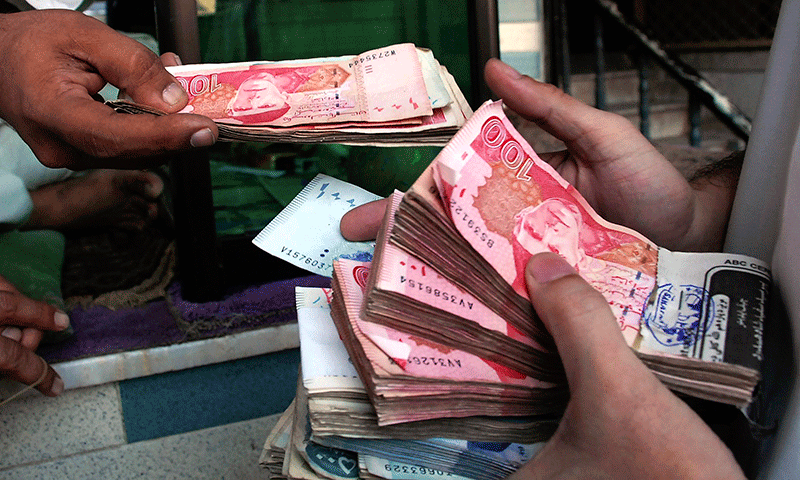AHMEDABAD: A major cyclone packing ferocious winds and threatening a destructive storm made landfall in western India on Monday, disrupting the country’s response to its devastating Covid-19 outbreak.
At least 12 people died over the weekend and on Monday in torrential rains and winds as Cyclone Tauktae, according to press reports the biggest to hit western India in 30 years, swept over the Arabian Sea with Gujarat state in its sights.
“The (Extremely Severe Cyclonic Storm) Tauktae lies close to Gujarat coast. The landfall process started and will continue during next two hours,” the Indian Meteorological Department tweeted.
The cyclonic system has been packing winds of 155-165 kilometres per hour gusting up to 185 kmph, the weather bureau added.
Colossal swirling system has exacerbated country’s embattled response to a huge Covid surge
It warned of storm surges of up to 13 feet high in some of Gujarat’s coastal districts.
The colossal swirling system visible from space has exacerbated India’s embattled response to a huge coronavirus surge that is killing at least 4,000 people every day and pushing hospitals to breaking point.
In waterlogged and windswept Mumbai, where authorities on Monday closed the airport and urged people to stay indoors, authorities shifted 580 Covid patients “to safer locations” from three field hospitals.
![MUMBAI: Waves whipped up by cyclone Tauktae lash over the Gateway of India on Monday. [Right] Buses are stranded on a waterlogged road during heavy rain in the city. The cyclone, packing ferocious winds and threatening a destructive storm, made landfall in Gujarat, western India, late on Monday night.—AFP / AP](https://i.dawn.com/primary/2021/05/60a2ebb13b4bc.jpg)
Six people died and nine were injured as the storm lashed Maharashtra state, of which Mumbai is the capital, the chief minister’s office said.
Two navy ships were deployed to assist in search and rescue operations for a barge carrying 273 people “adrift” off Mumbai’s coast, the defence ministry added in a statement.
Around 150,000 people were evacuated in neighbouring Gujarat, where all Covid-19 patients in hospitals within five kilometres of the coast were also moved.
Authorities there were scrambling to ensure there would be no power cuts in the nearly 400 designated Covid hospitals and 41 oxygen plants in 12 coastal districts where the cyclone was expected to hit hardest.
Chief minister Vijay Rupani told reporters that over a thousand Covid hospitals in coastal towns have been provided with generators and power backups, with 744 health teams deployed along with 174 ICU on wheels and 600 ambulances.
“Besides the daily requirement of 1,000 tonnes of oxygen in Gujarat per day, an additional stock of 1,700 tonnes has been secured and could be used in case of emergency,” Rupani said.
Virus safety protocols such as wearing masks, social distancing and the use of sanitisers would be observed in the shelters for evacuees, officials added.
The state also suspended vaccinations for two days. Mumbai did the same for one day.
Maharashtra evacuated around 12,500 people from coastal areas.
Published in Dawn, May 18th, 2021


![MUMBAI: Waves whipped up by cyclone Tauktae lash over the Gateway of India on Monday. [Right] Buses are stranded on a waterlogged road during heavy rain in the city. The cyclone, packing ferocious winds and threatening a destructive storm, made landfall in Gujarat, western India, late on Monday night.—AFP / AP MUMBAI: Waves whipped up by cyclone Tauktae lash over the Gateway of India on Monday. [Right] Buses are stranded on a waterlogged road during heavy rain in the city. The cyclone, packing ferocious winds and threatening a destructive storm, made landfall in Gujarat, western India, late on Monday night.—AFP / AP](https://i.dawn.com/primary/2021/05/60a2ead59c3bd.jpg)










































